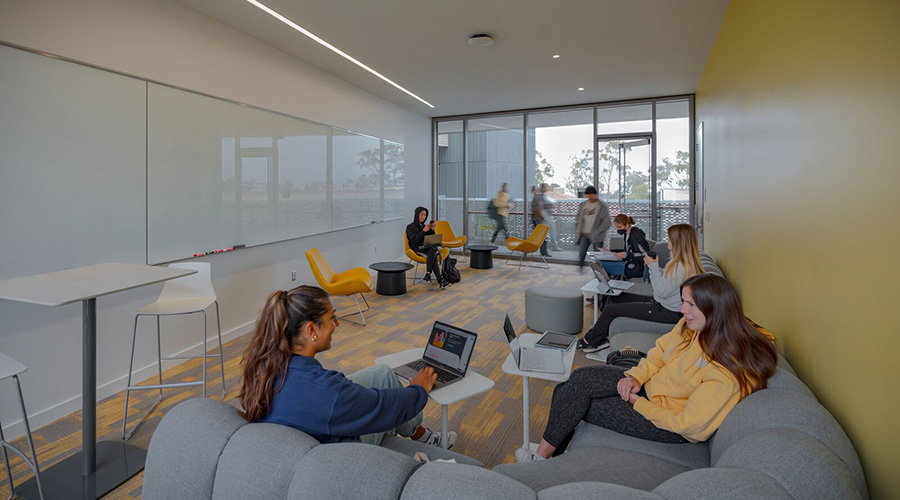
The Questions Surrounding Drones in Facilities Management
Drones are becoming more widely used; however, facility managers still have some questions concerning their use. August 1, 2024
By Jeff Wardon, Jr., Assistant Editor
Drones are just one of several tools in a facility manager’s arsenal to aid them in their daily tasks. However, there are a few questions facility managers might have about drone technology, such as its use cases or what kind of training it requires.
To answer these questions and more, Gene Huntington, solutions coach at Steward Green LLC, will present the session “How Drones Saved My A%# (Budget)!” at NFMT Remix 2024 in Las Vegas from October 29 to 30.
FacilitiesNet: What are the pros and cons of using in-house versus outsourced drones?
Gene Huntington: Five years ago, I was telling almost everyone to outsource everything because it was technical. Now my advice to most facility directors is to try to have somebody qualified like in compliance with the FAA with their Part 107 certificate to be able to fly a drone. Also, have a simple drone system so that they can easily monitor, take video, photos, things like that of their project work.
However, when it comes to more sophisticated work like we do, a lot of data collection using thermal sensors and ultra spectral multispectral LIDAR, then you'd want to have an expert in the field doing that nighttime work. We do a lot of nighttime data collection because of the thermal rooftop inspections and things like that.
Let's say they're not within airspace that's easy to fly in, then they would have to get continual additional authorizations from the FAA to fly next to a big airport or an Air Force Base. This is something where you want to outsource to people who can get companies who can get those permissions easily.
FacilitiesNet: How can drones be equipped with thermal sensors for energy efficiency inspections?
Huntington: We probably do more data collection using thermal sensors than anything, because for example we just did a 40-building envelope assessment for New Jersey Institute of Technology. They've got old buildings and new buildings there. So, we flew everything with thermal at night and with that we were able to show them where they had heat loss, stray voltage and hot spots. They had a motor that was just about ready to burn up on a fan on a chiller unit.
We were able to show them membrane leaks even though they hadn't had any leaks in the building yet. So, we could show them where they have potential problems and then put together a spreadsheet to help them prioritize the issues that were higher priority than other issues. They couldn't believe the information that we were able to give them. We gave them some information that allowed them to save one of the rooftops one night because we found a leak gushing 60 gallons a minute. That was going to come right down into the roof.
The other benefit is that obviously there's safety and efficiency because then they didn't have to put boots on the ground for 40 buildings to check things, some of which may be visible or invisible to the average person.
We have also used thermal technology to find underground leaks and do steam pipe and hot water pipe as-builts when they don't have those. We also have methane sensors so we can find gas leaks in the area or pipeline. It's like a game changer. If a facility manager can do that and get ahead of leaks, motors heating up or membrane leaks, they can get ahead of that before it becomes a big issue.
FacilitiesNet: What kind of training would be needed to properly pilot a drone?
Huntington: There’re two types of training needed to fly commercially. A pilot would need their FAA Part 107 certificate, so they would have to take a test that requires them to know how to read aeronautical maps, identify airspaces, provide safe crew management and recognize weather issues and mountainous areas.
However, you don't have to be able to fly to take that test and then learn how to fly.
That's just putting time in at a proper facility to fly. We usually pair up people with a mentor or just somebody with experience to start out with.
To learn more about drones and their various applications, be sure to check out Huntington’s session at NFMT Remix 2024 this October. Register for Remix here.
Jeff Wardon, Jr. is the assistant editor for the facilities market.
Next
Read next on FacilitiesNet












